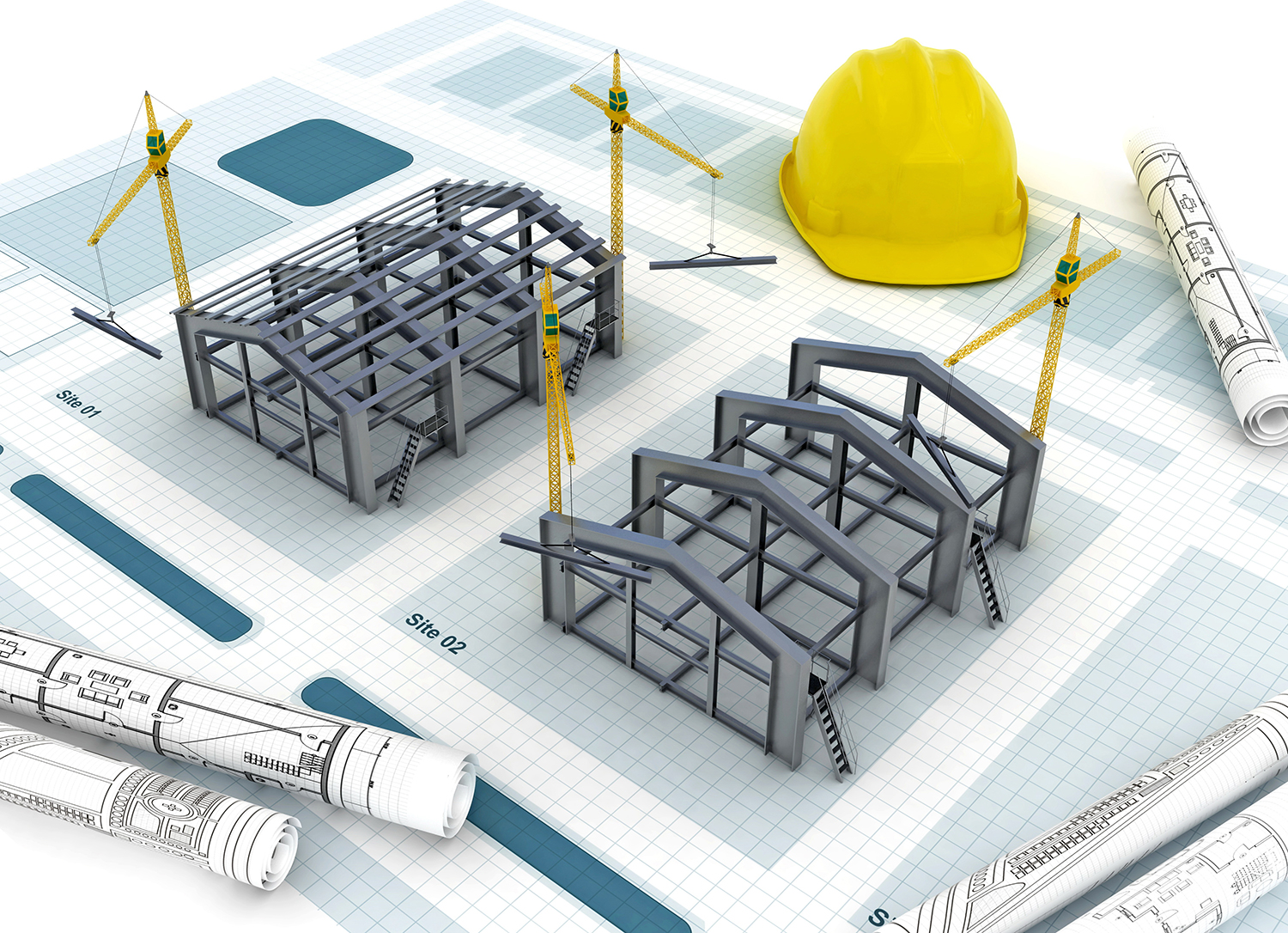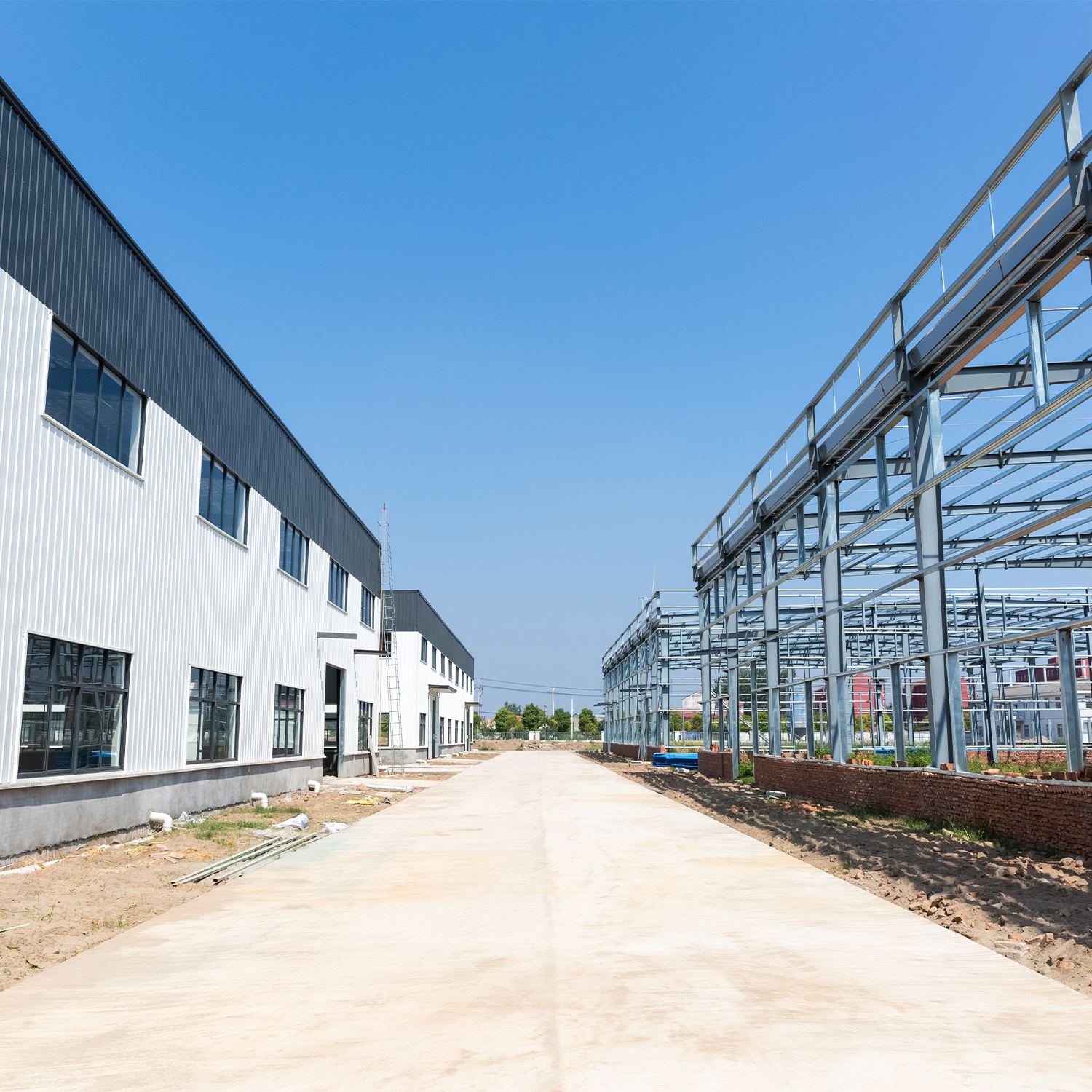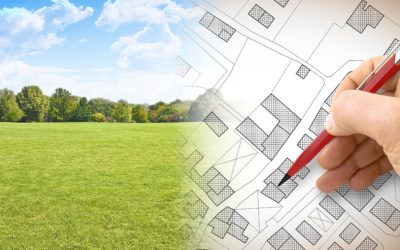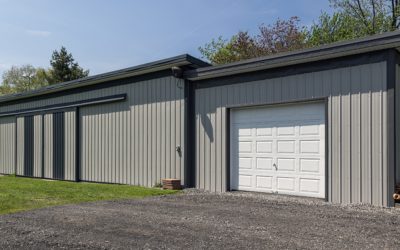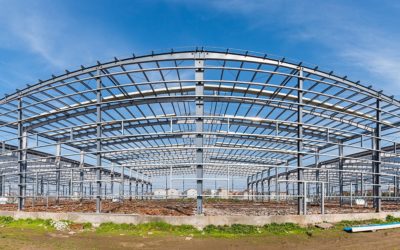Getting caught building without a permit can have many consequences. A lot of the time, when you get caught without a permit, it is when you are looking to sell or refinance your home, or when a catastrophe happens as a result of the faulty work. If you are caught having work done without a permit, you will have to pay fines to your city and may have other penalties, depending on your area.
When you get your house appraised in preparation to sell it, the appraiser will look into the property’s history and information through the city. If they see a finished attic, for example, but see no permits or inspections for it, this could lower the value of the property. This can also lead to potential buyers backing out of the deal to purchasing your home.
You also need to have your house appraised in order to refinance it, and it can harm your chances of refinancing your home if you have done work without a permit.
Your insurance can also be unwilling to provide coverage for additions that were built without a permit. If your house has a fire because of faulty wiring from work that was done without a permit, your insurance can refuse to cover the damage.
It is possible to retroactively obtain a building permit, but they can end up being much more expensive than obtaining one before the work starts. If you made an addition, the inspector can require you to tear out walls, so they can inspect the structural integrity of the additions before making a decision. In the end, you may have to make some expensive changes that could have been avoided if you had obtained the permit first.
